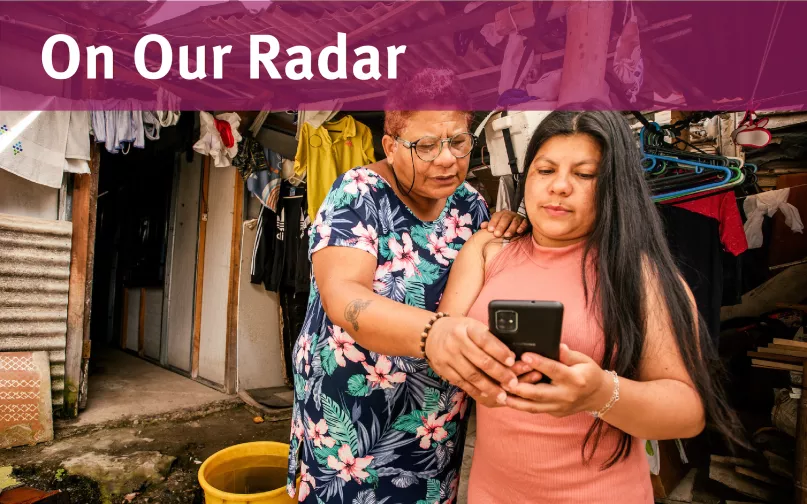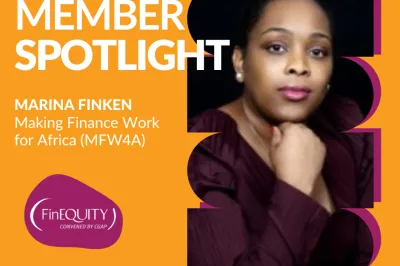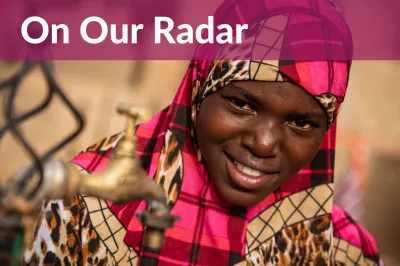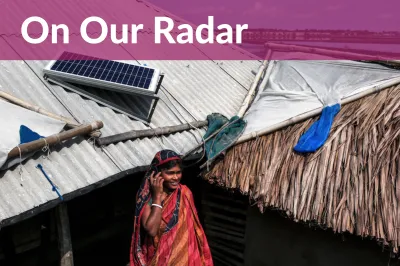On Our Radar: October 2022

An updated take on "What We're Reading", the FinEquity team brings you a curated list of women's financial inclusion and economic empowerment content we've been consuming recently, from podcasts, new initiatives and articles to videos and social posts. We hope you enjoy!
On Our Radar
UN Women Report: Gendered Impacts of Ukraine Crisis
The war in Ukraine has had devasting impacts on women and girls worldwide, widening gender gaps, and increasing rates of food insecurity, malnutrition and energy poverty. This policy paper reviews the available evidence, recommending urgent attention to its consequences for women and girls. It is complementary to the publications produced by the UN Secretary-General’s Global Crisis Response Group on the consequences of the war in Ukraine and the global response and recovery.
How a Ugandan Investment Fund Is Doubling the Number of Women-Owned Businesses in Its Portfolio
This new case study from Mango Fund (a woman-led Ugandan impact investment fund that invests in local entrepreneurs) details the actions they implemented, the powerful results achieved to date in business operations and staff knowledge, and lessons learned. In so doing, it aims to contribute to filling the information gap on lending to women-owned agricultural small and medium enterprises (agri-SMEs).
New on the World Bank blog: Family, friends, and disincentives to earning more
Building on major findings by Carranza, Donald, Grosset, and Kaur from an innovative study in Cote d’Ivoire focusing on labor supply and earnings, this piece by Kathleen Beegle looks at how the kin system can, at times, be a poverty trap when it results in a “status quo bias” and collective (if unstated) opposition to or costs of efforts for individuals to purse income opportunities.
The Paradox of Gender-Neutral Banking
Assuming that gender differences that exist in the world outside the bank disappear when people walk through the door has resulted in high levels of dissatisfaction from one of the world’s most powerful economic forces: women. This report reveals the implicit problems with gender- neutral banking, as a follow-up to 2014's "How Banks Can Profit from the Multi-Trillion Dollar Female Economy."


